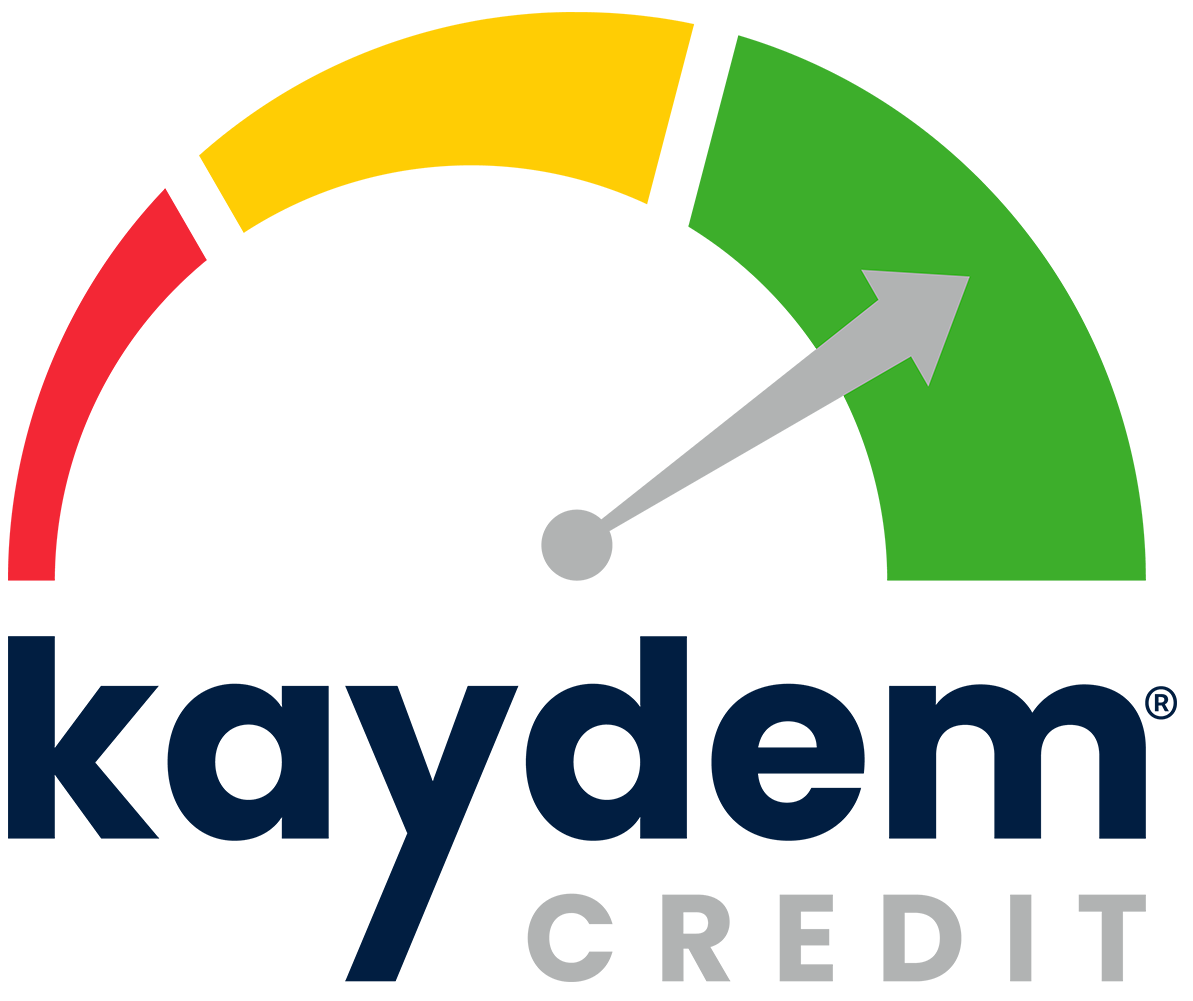Having multiple credit cards can be a beneficial and convenient tool for managing finances. With different cards offering various rewards, perks, and benefits, it’s no wonder that many people have more than one card in their wallet. However, figuring out how to manage multiple credit cards can also present some challenges, namely when managing your FICO® Scores.
FICO® Scores are crucial in determining your creditworthiness and can impact your ability to secure loans, mortgages, and even employment. Therefore, it’s essential to strategically manage multiple credit cards to maintain or improve your FICO® Scores. In this guide, we’ll share five tips to help you effectively handle multiple credit cards while protecting your FICO® Scores.
5 Tips for How to Effectively Manage Multiple Credit Cards
Tip 1: Diversify Your Card Usage
One of the key strategies for managing multiple credit cards effectively is to diversify your usage across different cards. This strategy ensures that credit utilization ratios remain low, positively impacting your FICO® Scores. Furthermore, it allows you to maximize the rewards and benefits provided by each card. By selectively using cards based on their specific rewards programs—such as a cash-back card for groceries and gas, a travel perks card for flights and hotels, or a card offering dining and entertainment bonuses—you can optimize the returns on your everyday spending without increasing your expenditure.
For larger purchases, leveraging a card with a 0% introductory APR can be particularly beneficial, allowing you to spread payments over time without accruing interest. This strategic use of multiple credit cards not only aids in keeping your credit score healthy but also enhances the overall value you get from your cards’ rewards programs, making each dollar you spend work harder for you.
Tip 2: Align Payment Dates
Aligning payment dates across your credit cards can significantly streamline your financial management by reducing the complexity of remembering multiple due dates. Late or missed payments negatively affect your FICO® Scores and can incur late fees, so consolidating due dates to a single day or a close timeframe each month minimizes the risk of oversight.
To adjust your billing cycle dates, contact your credit card issuer’s customer service teams. The majority are willing to accommodate these changes when notified ahead of time, ensuring more reliable and prompt payments. Ensure you make this request well before your next billing cycle to give enough time for the adjustment. This could also be an opportune time to ask about potential effects on your billing cycle, especially if you’re utilizing grace periods to sidestep interest charges.
By synchronizing your payment dates, managing your monthly credit card payments becomes more straightforward, enhancing your ability to stay on top of your finances while avoiding penalties that could harm your credit score. This method simplifies budgeting and promotes better financial health through improved payment habits.
Tip 3: Leverage Technology for Management
Effectively managing multiple credit cards is easier with the apps and online tools available. Platforms like Mint, PocketGuard, and Personal Capital consolidate all your credit card information, providing a comprehensive overview of your spending, due dates, and credit utilization. This integration simplifies financial oversight, aiding in budgeting and highlighting spending patterns.
The real game-changer comes from the automated alerts and customizable notifications these tools offer. They serve as timely reminders for upcoming payments, warn you when nearing credit limits, and alert you to potential fraud, keeping you informed and in control. The convenience of tailoring how and when you receive these notifications ensures that staying on top of your finances fits seamlessly into your lifestyle.
Setting up involves choosing a platform that suits your needs, linking your credit cards, and customizing your notification preferences—a small upfront effort for significant ongoing benefits. This technology-driven approach to credit card management streamlines the process, making it more manageable and less time-consuming, and ultimately supports better financial health and awareness.
Tip 4: Know When to Say No to More Cards
The allure of new credit cards, with their attractive rewards and sign-up bonuses, can be tempting, but it’s vital to consider the necessity and long-term value of adding another card to your wallet. Every new application results in a hard inquiry on your credit report, potentially lowering your FICO® Scores temporarily. Before applying, evaluate if the card’s benefits truly outweigh its impact on your credit health, particularly if the perks are short-lived or don’t align with your financial goals.
Consider also the effect on your credit utilization ratio and the need for increased financial discipline to manage additional accounts without incurring late fees or high-interest debt. Adding more credit can be beneficial if managed wisely, but hastily opening several accounts may signal financial instability to lenders.
In short, resist the temptation to acquire new cards for immediate rewards. Focus instead on cards that offer lasting benefits and fit well within your broader financial strategy, ensuring decisions made today don’t adversely affect your credit standing tomorrow.
Tip 5: Regularly Review Your Credit Report
Regular monitoring of your credit report is essential for sound financial well-being. You are entitled to receive a free report annually from each of the three major credit bureaus: Experian, Equifax, and TransUnion. This regular review helps confirm the accuracy of your credit history and promptly identify any discrepancies or signs of unauthorized activity. However, you can also keep a closer eye on your credit with a credit monitoring service, such as Experian or Fund&Grow Credit Services, that offers monthly updates.
Should you encounter any inaccuracies, like erroneous personal information, unfamiliar accounts, or incorrectly reported payments, it is critical to challenge these errors directly with the concerned bureau. Each bureau facilitates a dispute process either online or via mail, and submitting relevant documentation can expedite the resolution of these issues.
Analyzing your credit report also offers a chance to pinpoint areas needing improvement, such as excessive credit utilization or delayed payments, which can adversely affect your credit score. Proactively addressing these concerns can significantly boost your creditworthiness.
Final Thoughts
Effective management of multiple credit cards is crucial for maintaining good FICO® Scores and overall financial stability. By diversifying your card usage, aligning payment dates, leveraging technology, being selective with new card applications, and regularly reviewing your credit report, you can ensure responsible and strategic management of your credit cards.
Remember that diligent practices lead to improved FICO® Scores, which can positively impact your financial health. Incorporate these tips into your routine to effectively manage multiple credit cards and protect your FICO® Scores.







